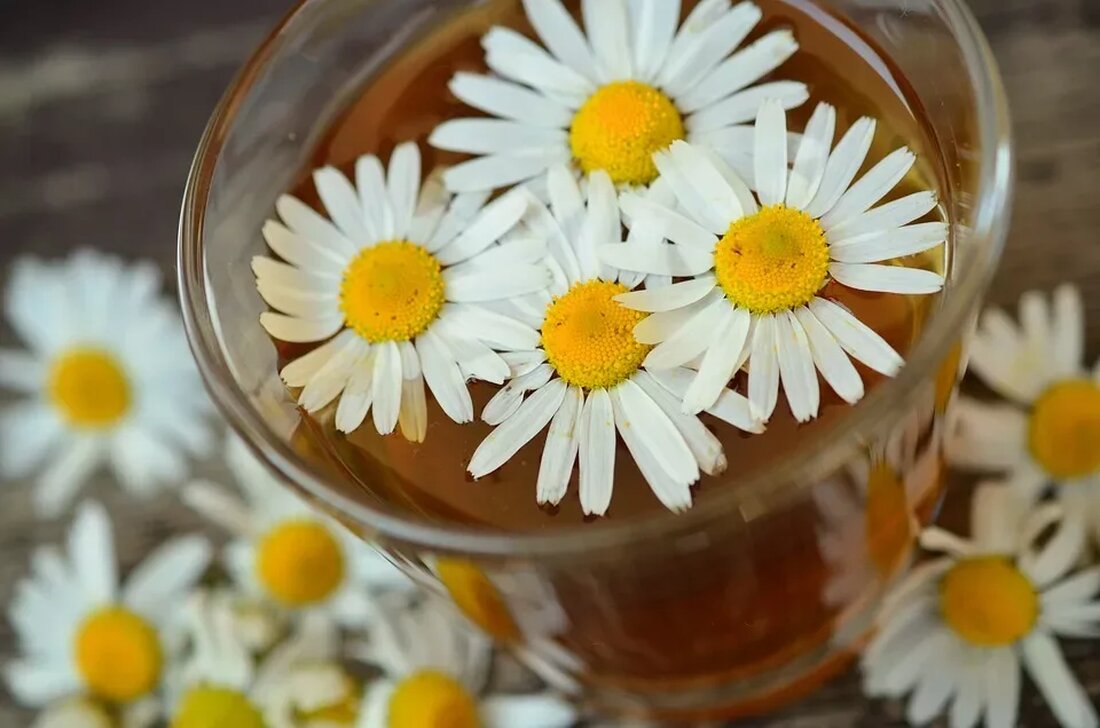Medicinal plants in traditional Chinese medicine
Medicinal plants in traditional Chinese medicine In traditional Chinese medicine (TCM), medicinal plants play an important role in treating diseases and promoting health. The use of plants in TCM has a long history, dating back up to 5000 years. TCM is based on the concept of the balance of Yin and Yang in the body and the flow of Qi, the life energy. Medicinal plants are used in TCM to restore internal balance and improve Qi flow. History of medicinal plants in TCM The use of medicinal plants in TCM has its origins in the...

Medicinal plants in traditional Chinese medicine
Medicinal plants in traditional Chinese medicine
In Traditional Chinese Medicine (TCM), medicinal plants play an important role in treating diseases and promoting health. The use of plants in TCM has a long history, dating back up to 5000 years. TCM is based on the concept of the balance of Yin and Yang in the body and the flow of Qi, the life energy. Medicinal plants are used in TCM to restore internal balance and improve Qi flow.
History of medicinal plants in TCM
The use of medicinal plants in TCM has its origins in the mythological times of ancient China. The oldest records of medicinal plants and their medicinal uses can be found in the “Shennong Ben Cao Jing,” a medical work attributed to the legendary Shennong, also known as the “Divine Cultivator.” This work dates from the 3rd millennium BC and contains descriptions of 365 medicinal plants.
Over the centuries, the knowledge of medicinal plants in TCM has been further developed and refined. TCM is based on extensive empirical medicine in which medicinal plants are used to treat specific symptoms and promote health. The use of plants in TCM is closely linked to the basic principles of Chinese philosophy, such as Yin and Yang, the five phases of change and Qi.
Important medicinal plants in TCM
In TCM, numerous medicinal plants are used to treat a variety of ailments. Here are some important medicinal plants used in TCM:
1. Ginseng (Ren Shen): Ginseng has been used in TCM for centuries and is considered one of the most valuable medicinal plants. It is often used to strengthen Qi and vitality.
2. Ginger (Sheng Jiang): Ginger is often used in TCM to treat indigestion, nausea and colds. It has warming and anti-inflammatory properties.
3. Chrysanthemum flowers (Ju Hua): Chrysanthemum flowers are often used in TCM to treat eye problems and headaches. They have cooling and calming properties.
4. Angelica root (Dang Gui): This medicinal plant is often used in TCM to treat menstrual problems and to promote blood formation.
5. Chamomile (Chamomilla recutita): Chamomile is used in TCM to treat cramps, skin diseases and sleep disorders. It has soothing and antibacterial properties.
Use of medicinal plants in TCM
Medicinal plants are used in various ways in TCM. They can be taken as dried herbs, teas, tinctures, or powdered extracts. The type of preparation depends on the specific medicinal plant and the complaint being treated. In TCM, medicinal plants are often used as combinations to achieve synergistic effects and restore optimal balance in the body.
TCM attaches great importance to individually adapting the therapy to the patient. An experienced TCM practitioner will conduct an in-depth examination and select the appropriate medicinal plants based on the patient's individual symptoms and constitution. The combination of medicinal plants can then be adjusted to optimize the course of treatment.
Scientific research and medicinal plants
The use of medicinal plants in TCM has also aroused the interest of the modern scientific community. In the last few decades, numerous studies have been carried out to research the active ingredients and effectiveness of medicinal plants in TCM.
Some studies have shown that certain medicinal plants in TCM actually contain bioactive compounds that may have therapeutic effects. For example, angelica root has a compound called ligustilide, which may have anti-inflammatory and pain-relieving properties.
However, it is important to note that research on medicinal plants in TCM is still ongoing and many questions remain. The complexity of medicinal plants and their active ingredients makes it difficult to accurately record and understand their effects. There are also variations in the quality and purity of herbal products on the market, which makes it difficult to compare the study results.
Conclusion
Medicinal plants play an important role in traditional Chinese medicine. They are used to restore inner balance and promote health. Important medicinal plants in TCM are ginseng, ginger, chrysanthemum flowers, angelica root and chamomile. Medicinal plants are often used in combinations that are individually tailored to the patient.
Although scientific research on medicinal plants in TCM is still in its early stages, there are promising results indicating that medicinal plants may contain bioactive compounds. However, it is important to conduct further research to clearly understand the effects and safety of medicinal plants in TCM.
TCM and its use of medicinal plants offer an alternative approach to health and well-being. It can be a valuable complement to conventional medical approaches and offer a holistic view of disease treatment. It is important to consult a qualified TCM practitioner to obtain the correct medicinal plants for an individual health problem.

 Suche
Suche
 Mein Konto
Mein Konto
